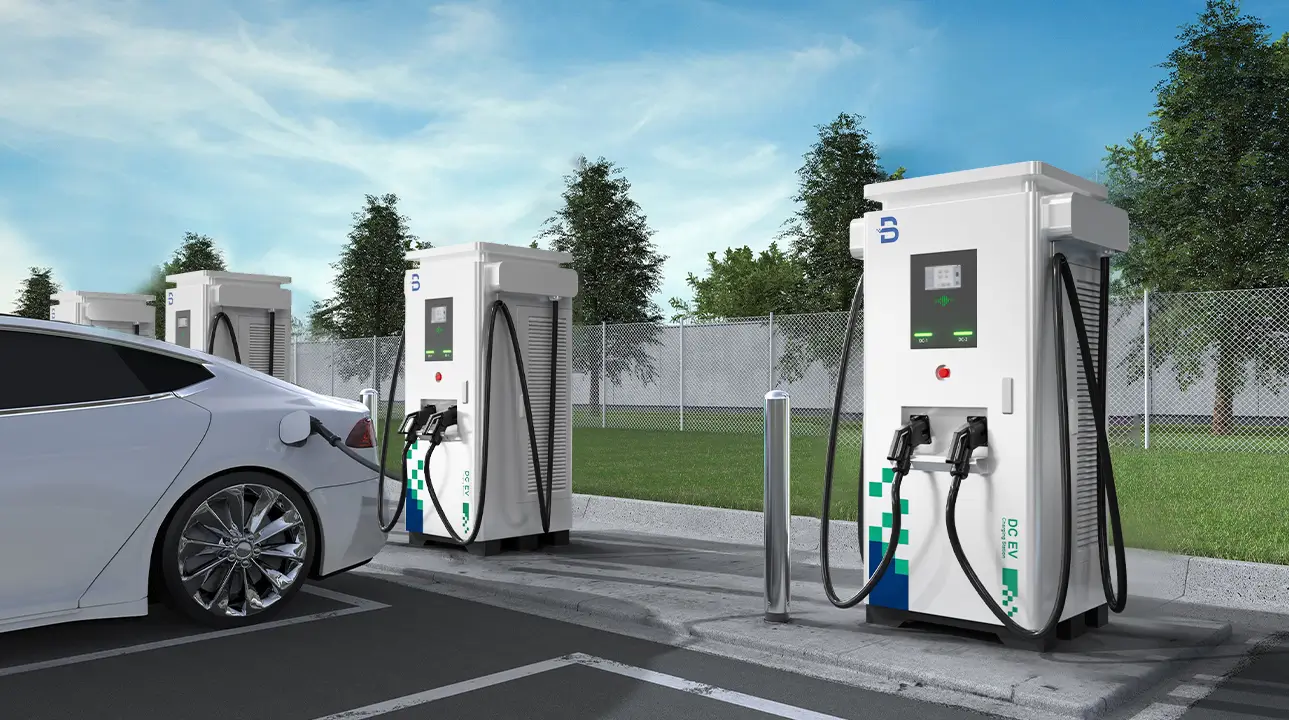The Transform Technology Summits start October 13th with Low-Code/No Code: Enabling Enterprise Agility. Register now!
Aviva Technology Holding has raised $26.5 million in a funding round led by Sehat Sutardja and Weili Dai, the founders of Marvell Technology Group.
The round will enable Aviva Links to speed product development and expand sales and marketing for its high-speed data movement for in-car communications. The company has raised $33 million to date.
Driving change
The multi-trillion automotive industry is undergoing an enormous transformation, driven by new technologies that are enabling rapid advancements in autonomous systems, telematics, and infotainment. The pandemic-driven worldwide semiconductor shortage will curb auto sales by $100 billion in 2021, according to professional services firm KPMG. But once that shortage is mitigated, technology will march on.
Vehicles will have vast amounts of data moving through them, and Aviva is building secured in-vehicle connectivity chips that can move this data at multi-gigabit speeds while meeting the performance, power, security, and cost requirements of this market.
The Aviva Links division in San Jose, California is run by David Young. In a statement, he said demand for Aviva’s tech is growing rapidly as car makers design next-generation vehicles for applications such as autonomous driving. In such cars, data has to be received and analyzed in nanoseconds with a great deal of accuracy. The results could be life-saving, Young said.
New vision
Sutardja and Dai spent a lifetime in the semiconductor industry and left a big legacy over two decades at Marvell, but they were also fired from Marvell in 2016 after investigators found accounting irregularities at the company.
Still, Aviva has named Sutardja to its board of directors and did not mention the controversial past in its press release. Young described Sehat as a visionary with an unparalleled track record of innovation in the semiconductor industry. Sutardja said in a statement that secured high-speed data transfer inside vehicles is critical for the next wave of self-driving cars.
Aviva’s chips are built using advanced digital communication techniques that facilitate low-latency data movement at very high speeds. Existing chips were designed for the pre-self-driving era that needed basic functionality for human vision (think backup cameras). Now the market needs ways to move high-resolution uncompressed data for machine vision, including AI, to realize ADAS (Advanced Driver Assistance Systems) and infotainment functions.
VentureBeat
VentureBeat’s mission is to be a digital town square for technical decision-makers to gain knowledge about transformative technology and transact.
Our site delivers essential information on data technologies and strategies to guide you as you lead your organizations. We invite you to become a member of our community, to access:
- up-to-date information on the subjects of interest to you
- our newsletters
- gated thought-leader content and discounted access to our prized events, such as Transform 2021: Learn More
- networking features, and more





More Stories
Moon | Cartype
Rivian, Mercedes-Benz Joint Venture Paused
We Blew Up Our $5000 Drag Car ~ Can We Getting Fixed In Time? – Humble Mechanic